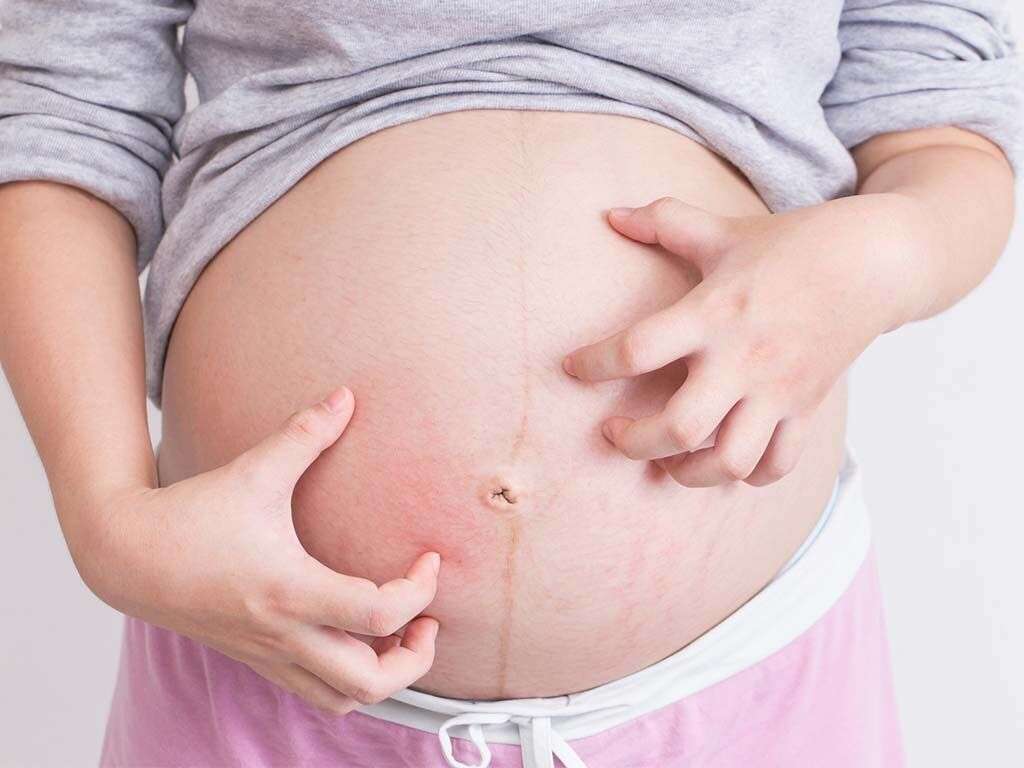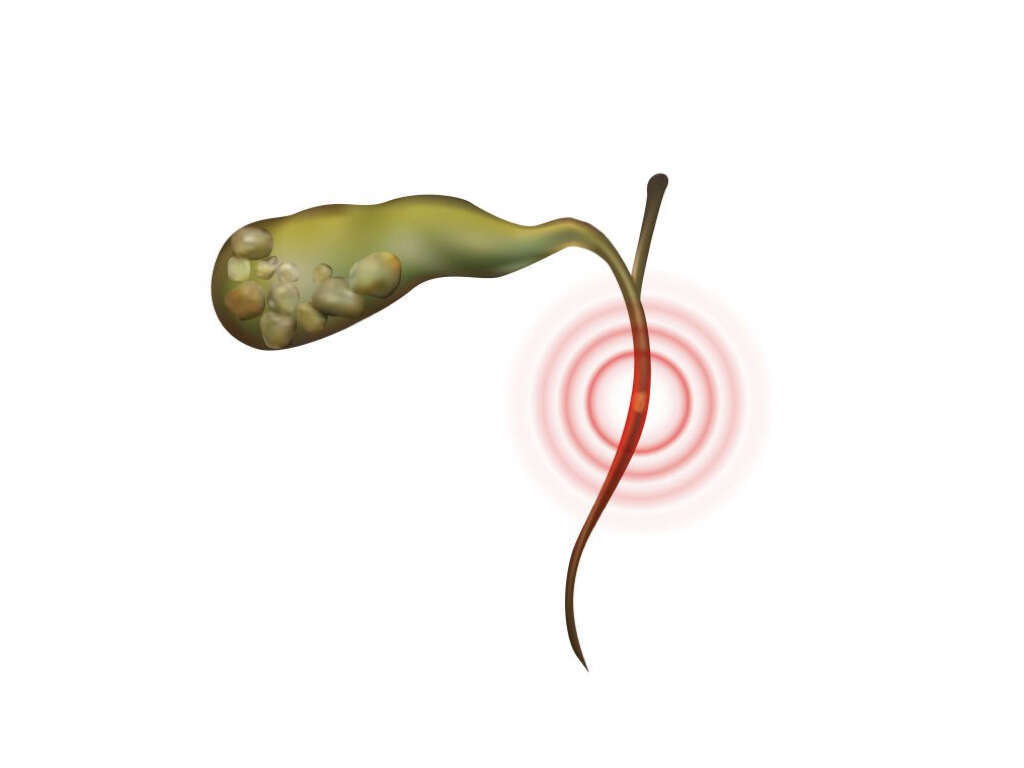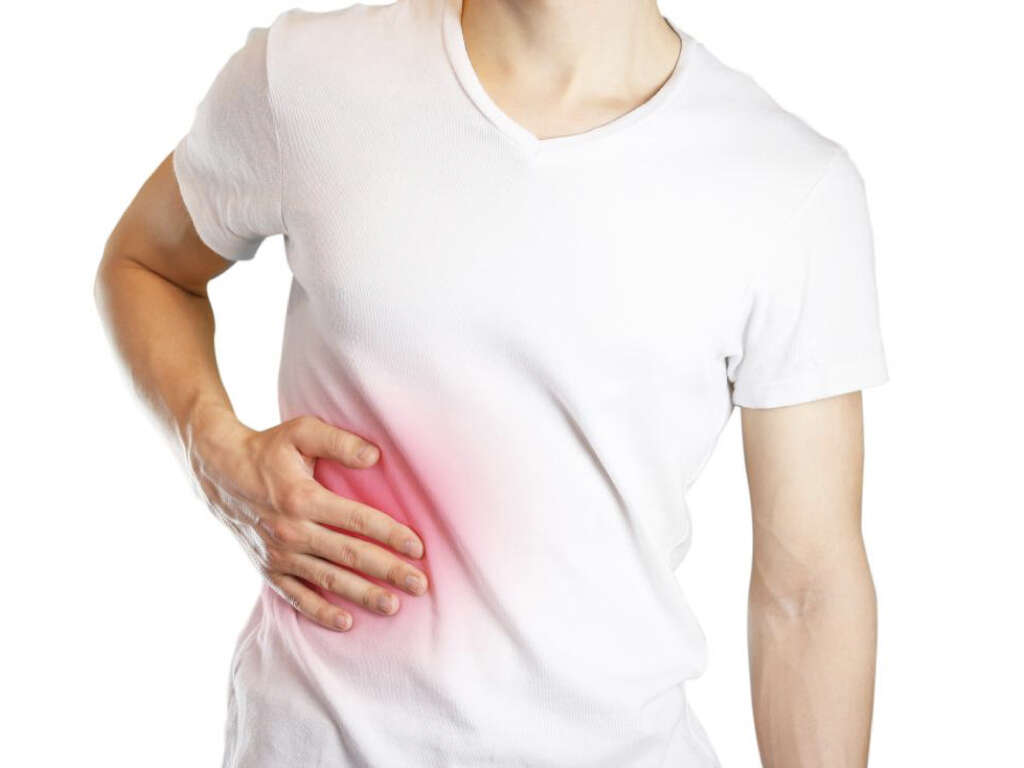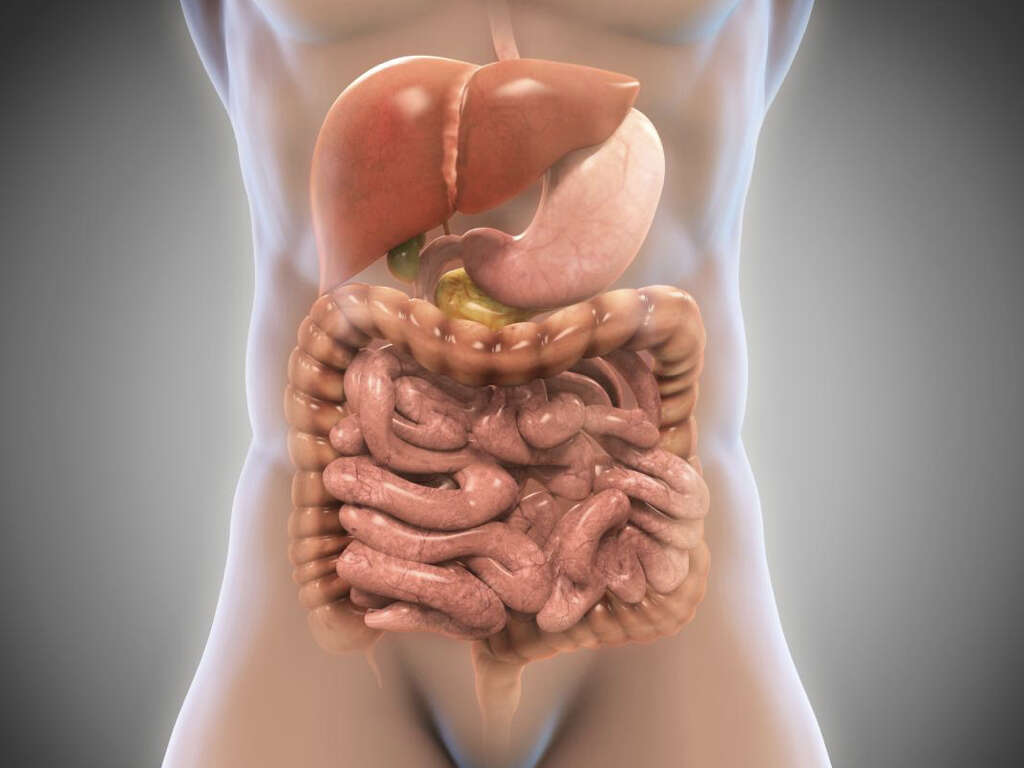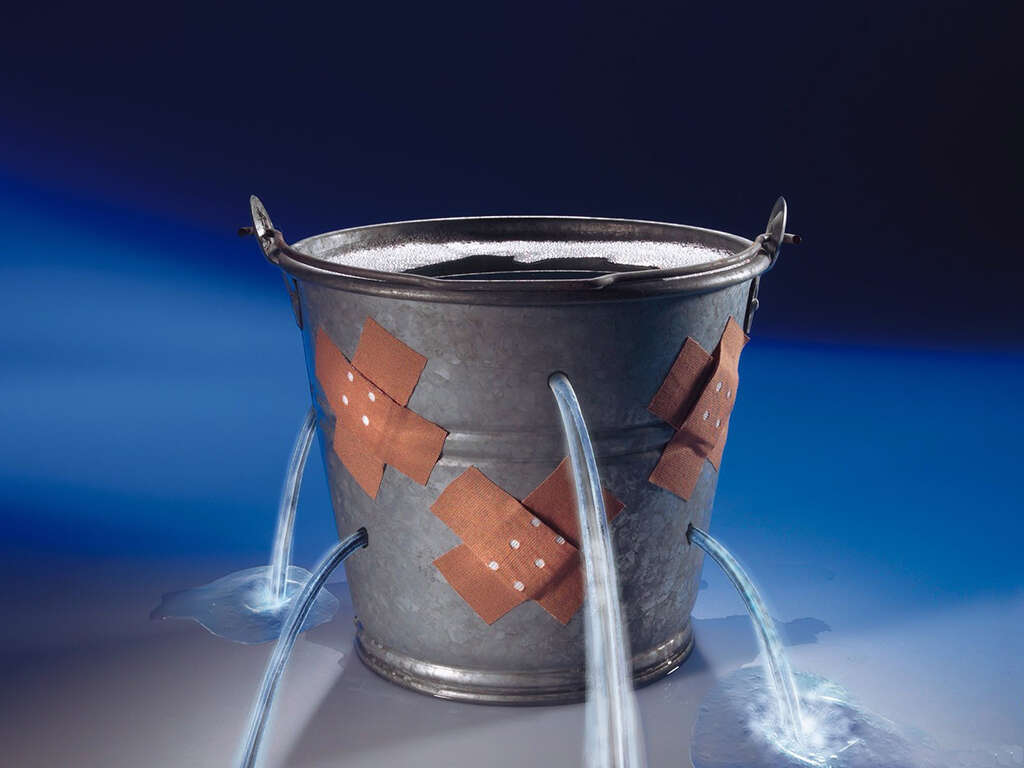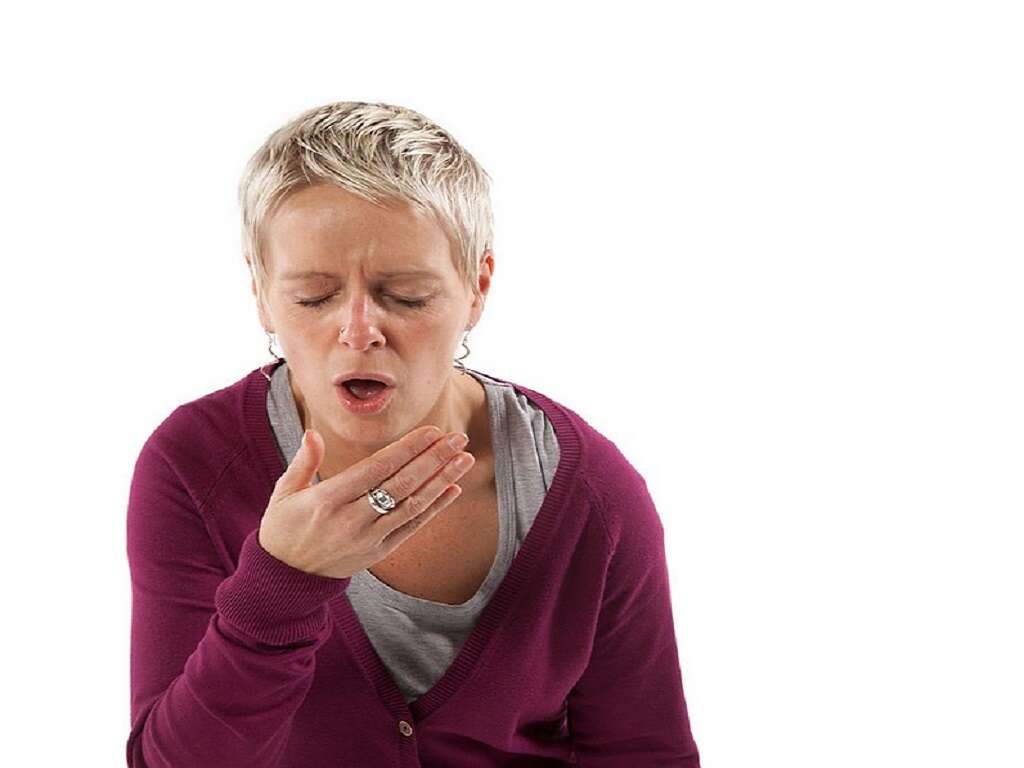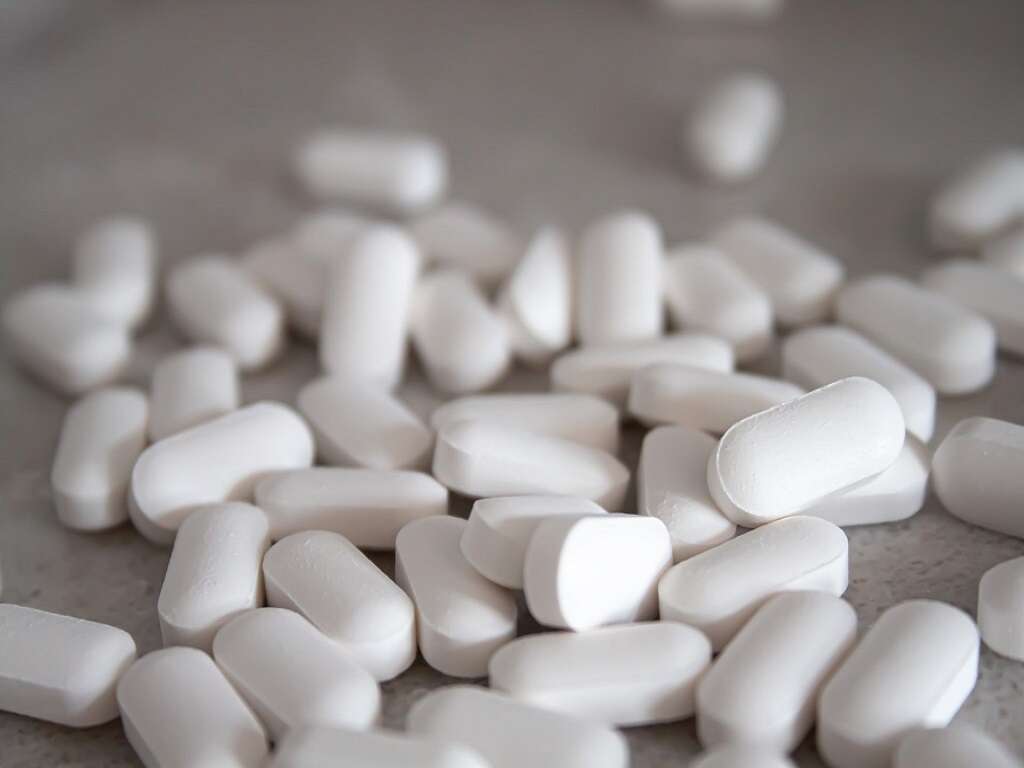10 Cholestasis Symptoms
Cholestasis is a condition in which the liver can’t produce or expel as much bile as is needed. This occurs when the flow from the liver is inhibited by something. Bile is immensely important for our overall health as it helps us digest our food, particularly the fats that we eat. Fats are very important for our cardiovascular health, our mental health, and for our overall energy levels. If you can’t produce enough bile or the flow of the bile is changed, the body can start to develop an excess of bilirubin. Bilirubin is a compound that’s made by your liver and is generally removed from your body through your bile. The excess buildup of bilirubin can contribute to some of the symptoms of cholestasis.
There are two main types of cholestasis, referred to as intrahepatic cholestasis and extrahepatic cholestasis. The first one is caused within the liver itself, and can be a result of diseases, various forms of infection, drug addictions, or genetic problems. Pregnancy is also known to increase the risk of getting intrahepatic cholestasis, a condition that’s known as cholestasis of pregnancy. The latter form is caused by an actual obstruction to the bile ducts.
Many things can contribute to extrahepatic cholestasis such as tumors, gallstones, or anything else that builds up in the bile ducts. If you’re worried about whether or not you’re struggling with cholestasis, then perhaps reading this list of symptoms will help you to identify the issue. If you do, then you might want to seek medical attention before the symptoms get any worse.
Symptom #1: Jaundice
Jaundice is a condition that’s often associated with alcoholics because many long-term drinkers have done damage to their liver. People struggling with cholestasis are also prone to develop jaundice because their livers can become impaired by the buildup of bilirubin and bile.
Jaundice can be observed by a yellowing of the skin and the whites of the eyes. It usually indicates that the liver is becoming quite unhealthy and that any issues associated with it should be managed as soon as possible.
Symptom #2: Dark Urine
Changes to urine color are noted in people who have been struggling with cholestasis for some time. This is because the excess bilirubin that builds up in the liver needs to be excreted by the kidneys. In doing this, the bilirubin (which is a pigment that’s found in the liver) darkens the urine.
If you are experiencing dark urine and not experiencing any other symptoms on this list, then it’s possible that you might just be dehydrated. Try consuming a few extra glasses of water on a daily basis. If the symptoms don’t improve, then you may be struggling with a more serious condition like cholestasis.
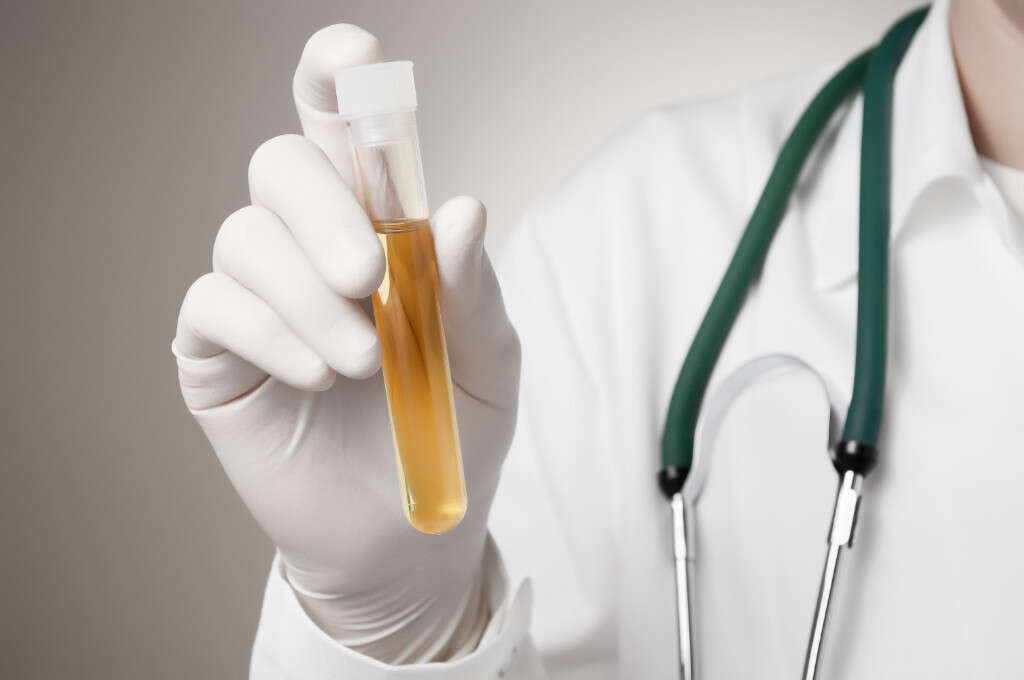
Symptom #3: Light-Colored Stool
Another thing that’s associated with cholestasis and several other liver diseases is a change to the color of the stool.
In most cases, people report that their stool becomes a lot lighter than it usually is. Instead of being a dark brown, the stool can range from light brown to tan or beige.
Symptom #4: Pain
Many people with cholestasis experience pain in their abdomen. This can occur for a number of reasons. Many people experience discomfort and pain associated with the actual blockages that are preventing bile from leaving their liver.
In addition, the lack of bile can make it more difficult to properly digest food.
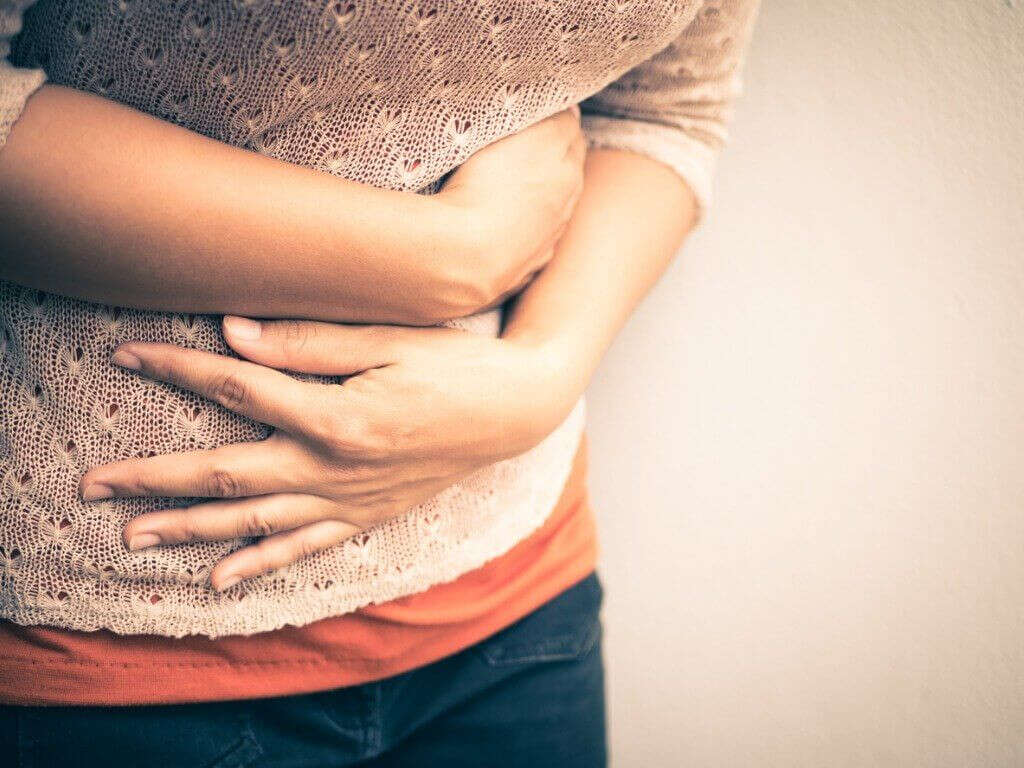
Symptom #5: Fatigue
If you’re suffering from cholestasis, then that means that your body isn’t able to get enough bile out of the liver and into the digestive system. Bile is responsible for helping to break down many of the foods that we eat, and is especially important for the metabolism of fat.
Fat is one of the best sources of energy for the body. Fat provides a stable, long-lasting source of energy that helps to keep us active throughout the day. Unfortunately, if your body isn’t able to metabolize and process fats, then you won’t be able to use the energy that it should be providing you. This is why people with cholestasis tend to experience some degree of fatigue.
Symptom #6: Nausea
Another thing that people with cholestasis might experience is nausea. Nausea is a queasy feeling that many people tend to experience before vomiting. While cholestasis doesn’t usually lead to vomiting except in very serious cases, there are several things that can contribute to the sensation of nausea.
First off, the lack of bile can make it more difficult for food to digest. This can result in it spending longer in the digestive tract, which can make people uncomfortable. A buildup of bilirubin in the body is also known to contribute to intestinal discomfort.
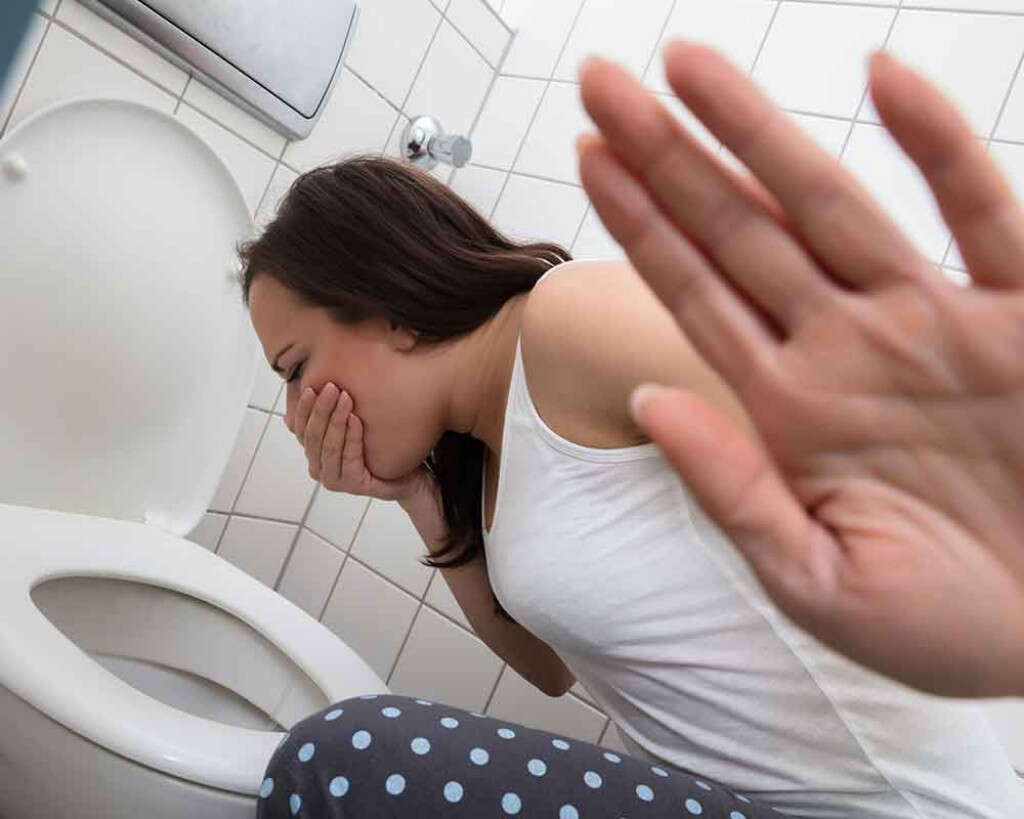
Symptom #7: Itchiness
One of the most commonly reported symptoms associated with cholestasis is itching. Itching can occur anywhere on the body, but is especially known to occur on the palms of the hands and the soles of the feet.
Some people only experience itching when they are struggling with the condition. Many people report that the itching becomes worse at night.
Symptom #8: Vitamin Deficiency
Because bile is so important for helping the body process and absorb fat, that means that it’s also vital for helping people to process and absorb fat-soluble vitamins like vitamin E and vitamin K. People who aren’t producing enough bile are more prone to developing deficiencies to these vitamins.
In pregnant women, this can lead to problems with the developing fetus. They may be born prematurely or born with health issues.
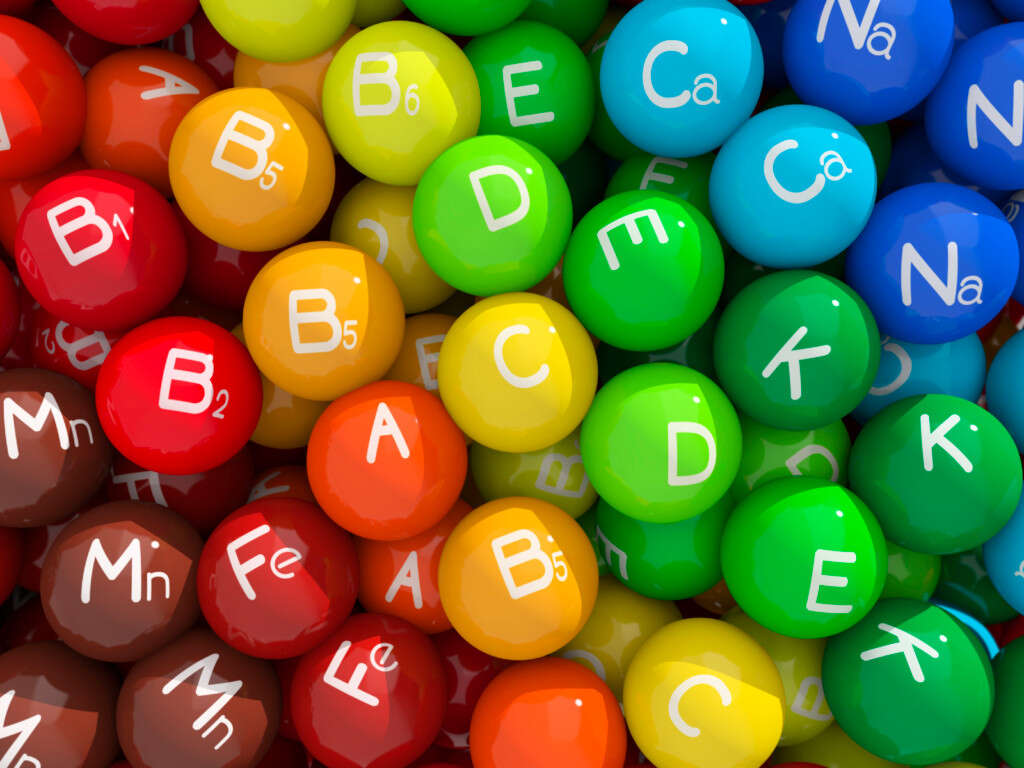
Symptom #9: Premature Birth
One of the more common symptoms associated with cholestasis of pregnancy is premature birth. There currently isn’t any solid evidence that explains why this happens, but it is a known occurrence.
Babies that are born too early are often underweight and may struggle with nutritional deficiencies, especially when born to mothers struggling with cholestasis since they won’t have enough fat-soluble vitamins.
Symptom #10: Increased Risk of Metabolic Problems
Some research indicates that babies who are born to mothers suffering from cholestasis have an increased risk of developing metabolic disorders as they grow older.
Some common metabolic disorders include obesity and diabetes along with various cardiovascular problems. These issues can be quite serious and should be treated properly.



